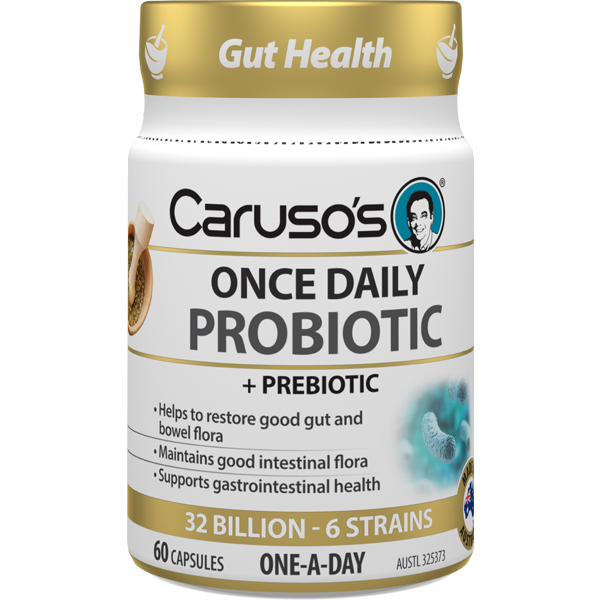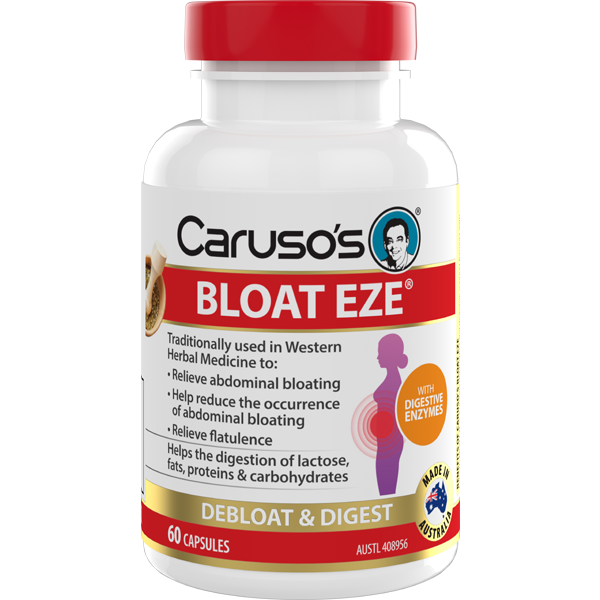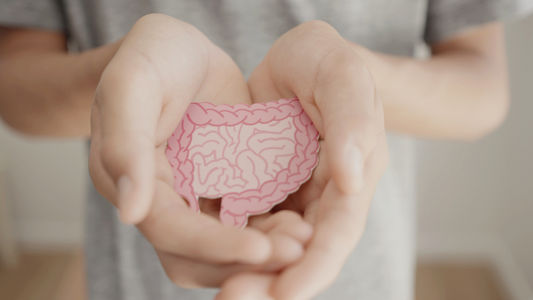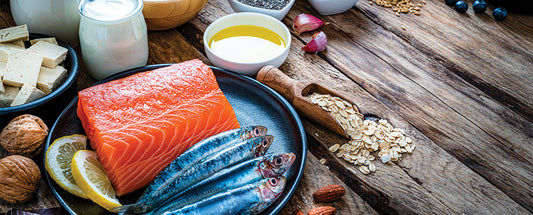
The Dreaded Belly Bloat
A bloated stomach is that feeling of pressure or fullness in your belly. It may or may not be accompanied by distension, which is a noticeable difference in the size of your abdomen.
A build-up of gas in the stomach and intestines is one of the most common causes of bloating.
share
One day your jeans zip up without a problem… the next day you’re undoing the top button or browsing for clothes with elasticated waistbands. Belly bloat, food baby, abdominal bloating, abdominal distension…whatever it’s called it’s uncomfortable!
What causes bloating?
A bloated stomach is that feeling of pressure or fullness in your belly. It may or may not be accompanied by distension, which is a noticeable difference in the size of your abdomen.
A build-up of gas in the stomach and intestines is one of the most common causes of bloating.
Intestinal gas can be caused by eating certain foods, particularly beans and cruciferous vegetables such as cauliflower, broccoli, and cabbage.
Some foods are high in a type of sugar called FODMAPS. In people sensitive to FODMAP-rich foods, the small intestine doesn't always fully absorb these carbohydrates, and instead passes them to the colon, where they are fermented by bacteria and produce gas. FODMAPs don’t affect everyone equally, so while certain FODMAPs may make you feel bloated, you may be able to process others just fine.
Eating too quickly, drinking through a straw, or drinking lots of fizzy drinks can cause you to swallow lots of air and make you feel full.
Constipation can cause a build-up of faecal matter in the intestine leading to abdominal distension and bloating.
Bloating can also be caused by medically diagnosed conditions such as food intolerances and intestinal disorders such as IBS (irritable bowel syndrome), IBD (inflammatory bowel disease, including Crohn’s disease and ulcerative colitis), and SIBO (small intestinal bacterial overgrowth).
Is bloating the same thing as fluid retention?
Yes and no. Fluid (water) retention, also known as oedema, is related to the kidneys, while bloating is usually related to the gastrointestinal tract. Fluid retention can make you feel bloated, but it doesn’t usually affect your abdomen as much as bloating caused by intestinal gas.
Fluid retention occurs when excess fluid builds up in your body's circulatory system and generally causes swelling in your extremities, such as your feet, ankles, legs and hands. A common sign of fluid retention is when your rings feel tight on your fingers, or your ankles are swollen after sitting down for a long time.
A diet high in carbohydrates, sugar and salt can cause your body to retain water, leading to that feeling of puffiness and heaviness. Fluid retention can also be caused by hot weather and hormonal changes.
What can I do about bloating?
Bloating that comes and goes is usually digestive-related and tends to disappear after a couple of days.
It will often help if you cut down on salty foods, carbohydrates and fizzy drinks.
If you have a food intolerance, or suspect that FODMAPS might be the issue, try eating less of the problem foods for a while. Keep a food diary for a couple of weeks, noting everything that you eat and drink and when bloating troubles you most. If you find you have a regular problem with certain foods though, you should consult a doctor or dietitian before making any permanent dietary changes.
Adopting a few simple lifestyle changes may also help.
- Avoid chewing gum
- Eat slowly
- Avoid drinking from a straw
- Drink plenty of water
- If you suffer from constipation, try eating more high-fibre foods, increasing the amount of water that you drink, and exercising regularly.
- It might also be helpful to try taking probiotics. These can support a healthy gut bacteria population and help your digestive system moderate the effects of a bloated stomach.
If bloating or fluid retention persists for more than a couple of days, or is accompanied by pain or diarrhoea, then you should speak to a doctor.
Try it now

Caruso's Once Daily Probiotic
Try it now

Caruso's Bloat EZE®
share
Stay Informed. Feel Your Best.
Get expert tips and actionable health advice. Be the first to hear about Caruso's product launches and receive exclusive promotional offers.
Join our newsletter today.



